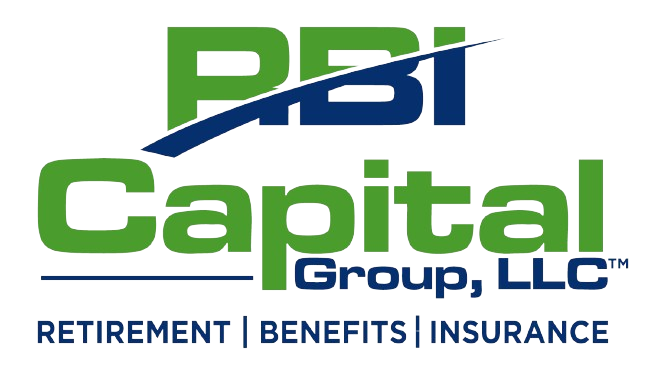Business Solutions
Business Solutions Tailored To Your Needs
RBI Capital Group offers a wide range of business solutions tailored to your specific business needs.
Business & Executive Solutions
We work with business owners and executives to implement strategic insurance and financial solutions that help protect their company’s financial health, retain key employees, and maximize tax advantages.
🔹 Key Person Insurance – Protects your company from financial loss if a key employee, executive, or founder passes away or becomes disabled.
🔹 Buy-Sell Agreements – Ensures a smooth transition of business ownership in the event of an owner’s passing, disability, or retirement.
🔹 Executive Bonus Plans (Section 162 Plans) – A tax-deductible way for businesses to offer life insurance as a benefit to key employees, helping attract and retain top talent.
🔹 Deferred Compensation Plans – Allows executives to defer a portion of their income into a tax-efficient retirement vehicle.
🔹 Corporate-Owned Life Insurance (COLI) – A powerful financial tool that allows businesses to fund executive benefits, secure tax advantages, and protect against financial loss from the death of key employees. COLI can also serve as a strategic investment for businesses seeking long-term growth.
We partner with you to ensure they have the right financial tools in place to protect their assets, employees, and legacy.
🔹 Looking to secure your retirement?
🔹 Need a plan to protect your business and key employees?
🔹 Want to maximize wealth with tax-free strategies?
Let’s connect and explore the best solutions for you!
Premium Financing
Insurance premium financing is a way to pay for life insurance premiums by borrowing money. There are a number of benefits to this, including:
- Eliminating the need for large up-front premium payments.
- Keeping your own capital invested in other assets.
- Avoiding the high cost of paying premiums with after-tax dollars.
Premium financing is an effective strategy used by many types of purchasers, such as high net worth individuals, entrepreneurs, corporations, trust and business owners. Financing the majority of the upfront cost of an insurance policy ensures that business owners do not need to cash in or sell their assets to pay for the entire cost of the insurance policy upfront. This means that the business can enjoy the protection of the insurance policy without having to negatively impact their cash flow or assets.
Why Choose Insurance Premium Financing?
The most common reason this financing option is so popular is because it allows businesses to attain a large amount of insurance without having to significantly impact their cash flow or liquidate their investments to cover the expense.
Business owners are able to maintain the use of their cash flow and use it for operations or to grow the business. Premium Financing allows business owners to attain the insurance coverage they need while keeping their assets intact.
You finance your home, cars, boats, planes, and more. You can also finance your life insurance. Life insurance premium finance can be the ideal solution for high-income professionals, and or corporations who appreciate the benefits of life insurance but prefer not to use current income and wealth to pay for it.
- Maintain assets and investment portfolios.
- Borrow at competitive interest rates.
- Minimize out-of-pocket costs.
- Use a variety of assets for collateral.
- The cash value of the life insurance policy, over time, can completely collateralize the loan.
And enjoy unique tax advantages and security. Tax-free income for life. Guarantees not available with other investments. Stock market participation without downside risks. Tax-free death benefits.

